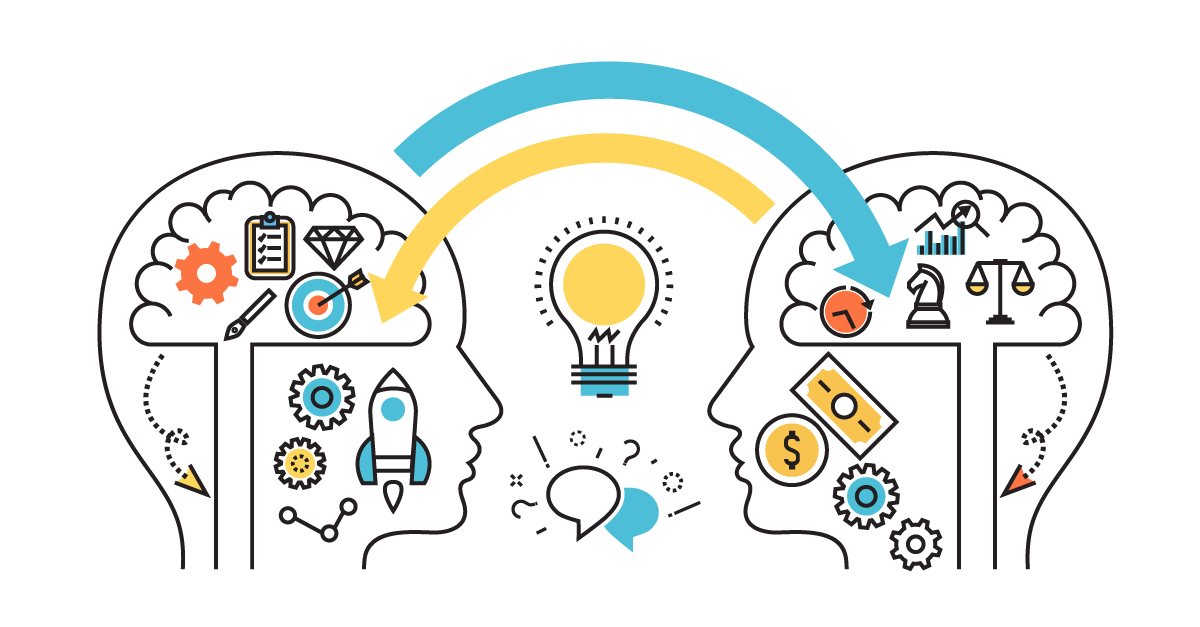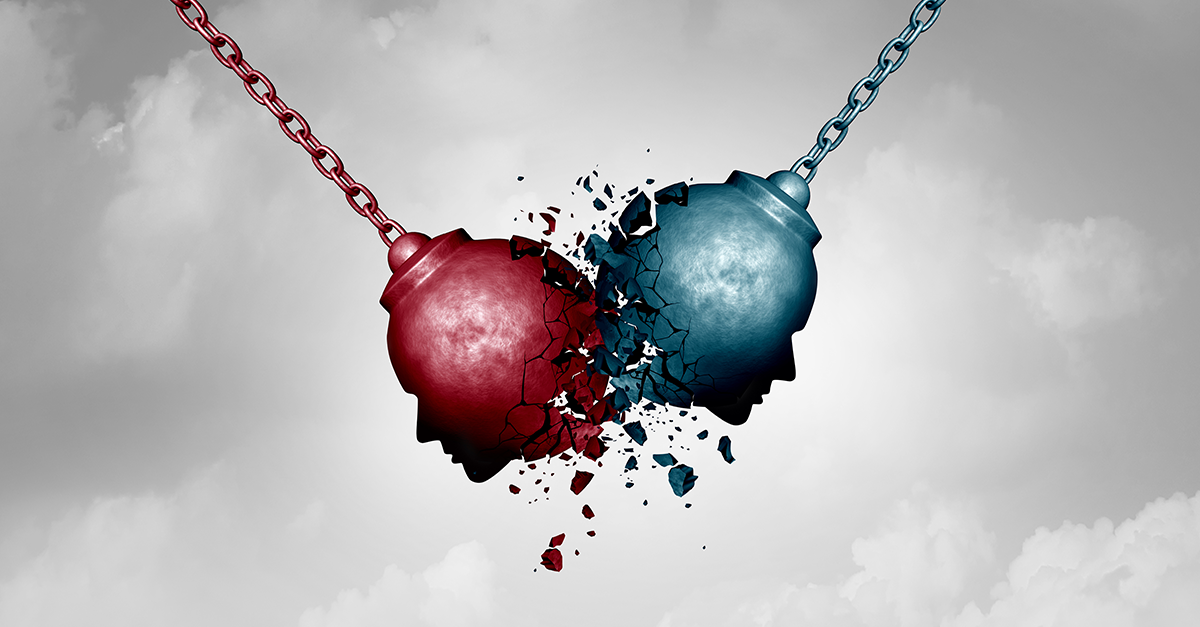Human civilization has been built on the evolution of ideas. From organized community living to agriculture, industry and systems of administration, every element of our societies is the result of ideas being shared, improved upon and transmitted through adoption and use. For this ecology of ideas to succeed, it needs to be easy for human beings to share, consider and debate their inspirations, beliefs and innovations. It is, of course, natural for all ideas to create groups of people that welcome them and others who reject them – in part or completely. In fact, for a civilization to thrive these exchanges and differences of opinion need to be abundant and ongoing. Throughout our history, we have seen that if ideas get too straitjacketed, the creative and competitive potential of that community or civilization loses impetus. Perhaps even more critically, when ideas become too rigid, people can become prone to actions and positions that promote division and animosity – a sure recipe for misdirected energies and an eventual breakdown.
We are living in a critical time in history that will change the way in which human beings ally themselves to ideas – for better or for worse. I think the first thing to be noted is that – despite how much we already take it for granted – being able to easily access a worldwide grid of connected devices from anywhere, at any time, is a completely new way to live for humans. Even the most fringe of ideas and opinions can generate online communities of at least moderate size. While this is a great vehicle for evolution in our collective opinions and priorities, it also amplifies the noise along with the signal. Until very recently, competing political and social ideas – for instance – only really came to the fore through spokespersons and talking heads, and mostly around elections and other spikes in political activity. In a world of social media and online forums, however, we have degenerated into a debate that is constantly on and has absolutely no reliable controls on civility, language or intellectual rigour. What might once have been dismissed as unqualified opinion now has the possibility of generating considerable political muscle, purely based on the number of people who can be convinced to agree.

Apart from how simplistic such a discourse is reduced to, the constant aggravation tends to form groups with an ever hardening stance. I believe we have entered a critical phase in social interaction, one that will eventually force us to consider why we identify with the ideas and ideologies that we adhere to. I think it is becoming increasingly clear that the anonymity of online handles can often bring out the worst in people – when it comes to politics, theology or any other emotive markers of personal identity. In the long run, I’m sure that people will regain
some of the civility and politeness of the past, simply because the nature of current trend will become intolerable. However, in the meantime, I believe it is extremely important for opinion makers and leaders – on every side of the debate – to begin to acknowledge that it is critically important to consider the points being made by the ‘other’ side, even if they are not conceded. This is not merely a matter of being respectful to each other – although that is a very important reason – it is essential to the prosperity and evolution of our civilization itself.
What is worrisome about the way ideological differences are currently being expressed is not that people are rejecting ideas, it is that they are being rejecting depending on who holds them. Classifying groups of people on the basis of their opinions and beliefs is – at the most – only useful as a quick shorthand. The trouble starts when we begin to use those labels to preemptively consider or reject positions. Not only does such a rigidity of approach diminish the individual themselves, it lowers the quality of discourse to an extent that eventually stifles innovation and the appeal to all higher intellectual pursuits.
It is also important to acknowledge that one has to be free to have a difference of opinion. After all, bigotry consists of hating people; on the other hand, surely it is the inalienable right of every mind to reject ideas on principle. We can’t have a healthy society by restricting people’s right to disagree – that is certainly not what I am advocating here either. I believe the solution lies in encouraging a more evolved and complex intellectual environment. It is important that children are exposed to a diversity of ideas, the ability to rationally compare them, as well as a methodology of rhetoric and debate that seeks to advance one’s ideas by convincing rather than restricting the opposing opinion. Fostering such an approach early in our systems of education is, to my mind, the only feasible way to ensure that our coming generations are open to innovation, divergence of opinion, as well as the need to be respectful to others, at all times.

While it may be a little disheartening, at first, to note that such an obvious measure of civilized behavior has to be reiterated, it is important to also be forgiving. As a society, we have never been exposed to the constant stimulus that modern technology makes possible. It is understandable that, at first, such a powerful force can be disorientating and result in outcomes that are not ideal. Over time, however, with a non-negotiable emphasis on being the best version of ourselves that we can be, these same avenues and technologies can become the engines of our evolution. It is my belief that we need to acknowledge the extent to which our ability to consider ideas, that we do not agree with, has been compromised. Waking up from the out of control self regard, that our culture is slipping into, can lead to a course correction. A more civilized and interactive debate can create tremendous positive energy for intellectual growth and material prosperity and we owe ourselves nothing less.


